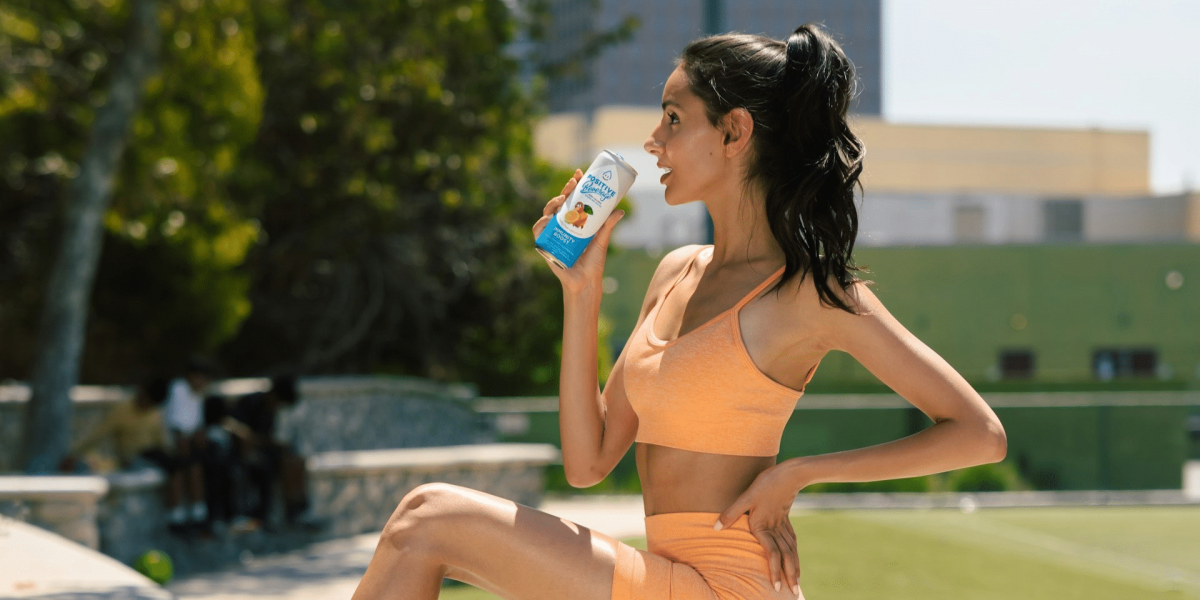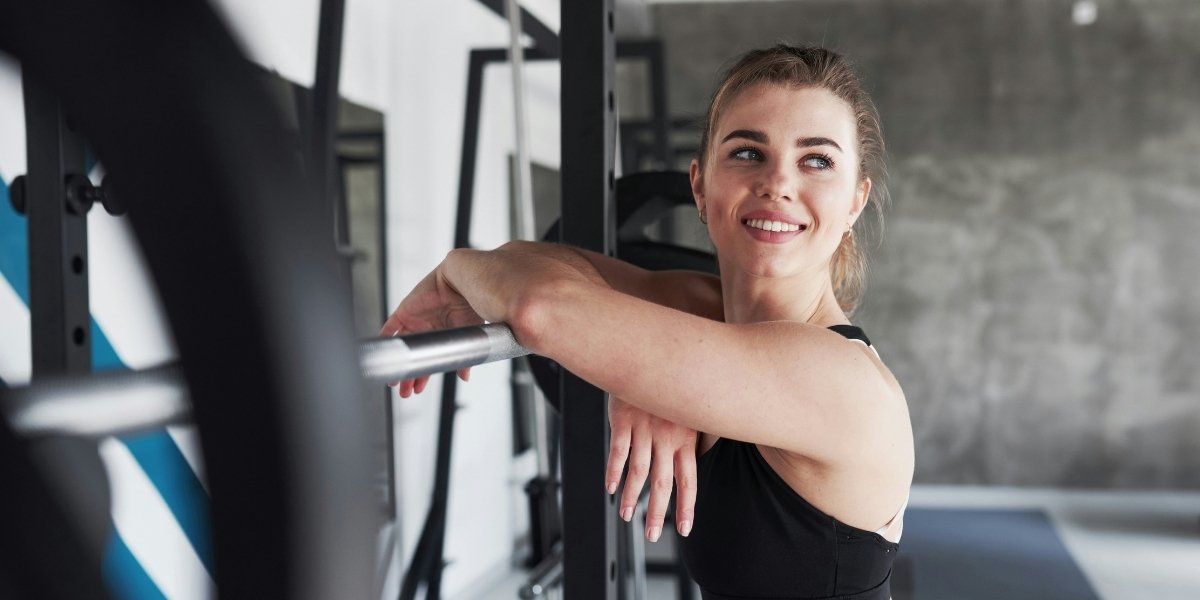Hitting the gym after a long day? Slogging through a grueling training session? The siren song of the energy drink aisle beckons, promising a jolt of energy and a boost in performance. But for athletes of all levels, are energy drinks really the magic elixir they’re advertised to be?
Let’s ditch the marketing hype and dive into the science of energy drinks to see if they truly deserve a spot in your gym bag.
Beyond the Buzz: A Look at the Ingredients
Energy drinks are packed with a cocktail of ingredients, but the main players are caffeine, sugar, and various other additives. Caffeine, the star of the show, acts as a stimulant, blocking receptors in the brain that promote feelings of tiredness. Sugar provides a quick burst of energy, while other additives, like taurine and B vitamins, are often included but their athletic benefits are less clear.
So, does the caffeine in energy drinks translate to improved athletic performance? The answer is…it depends. For low-intensity exercise, energy drinks might offer a slight psychological boost, making you feel more alert and energized. Imagine a casual gym-goer downing an energy drink before a light jog – they might feel more awake and motivated to hit the treadmill. However, for high-intensity athletes pushing their bodies to the limit, the story becomes more complex.
Beyond the Jitters: Potential Downsides and Alternatives
While a moderate amount of caffeine can enhance alertness, excessive amounts can have negative consequences. Energy drinks are often loaded with sugar, leading to a potential crash after the initial energy surge. Think about a cyclist chugging an energy drink before a long race – they might experience a temporary burst of energy, but a sugar crash later on could leave them feeling sluggish and depleted. Additionally, excessive caffeine intake can cause jitters, anxiety, and even dehydration, all detrimental to athletic performance.
So, what are some healthy alternatives to energy drinks for athletes? Water remains the champion of hydration, essential for optimal performance during any workout. For a natural source of energy, look to fruits and complex carbohydrates like whole grains. These provide sustained energy release, keeping you fueled throughout your training session. If you need a bit of a caffeine boost, a cup of coffee or green tea offers a more natural and controlled dose compared to the high-octane concoction of an energy drink.
Focus on Fundamentals: Sleep, Nutrition, and Hydration
The key to peak athletic performance lies not in a can, but in a combination of healthy habits. Prioritizing quality sleep allows your body to recover and rebuild. Think about a well-rested athlete versus someone relying on energy drinks to power through exhaustion – the difference in performance can be significant.
A balanced diet rich in fruits, vegetables, and whole grains provides your body with the essential nutrients it needs to perform at its best. Imagine fueling your body with nutritious meals versus sugary energy drinks – the long-term benefits are undeniable. Finally, staying hydrated throughout the day is crucial for optimal performance. Water should be your go-to beverage, not just before or after your workout, but throughout the day.
The Final Rep: Energy Drinks – A Sometimes Tool, Not a Silver Bullet
Energy drinks can have a place in an athlete’s toolkit, but they shouldn’t be the go-to solution for boosting performance. For low-intensity workouts, a moderate amount of caffeine might offer a slight edge. However, for serious athletes, focusing on a healthy diet, quality sleep, and proper hydration is the foundation for success.
Remember, reaching for an energy drink is a quick fix, but prioritizing healthy habits will fuel your athletic journey for the long haul. So, next time you’re tempted by the flashy marketing of energy drinks, remember, consistent training, proper nutrition, and a good night’s sleep are the true champions of athletic performance. These are the winning formulas that will help you achieve your fitness goals and leave the energy drinks on the shelf.








